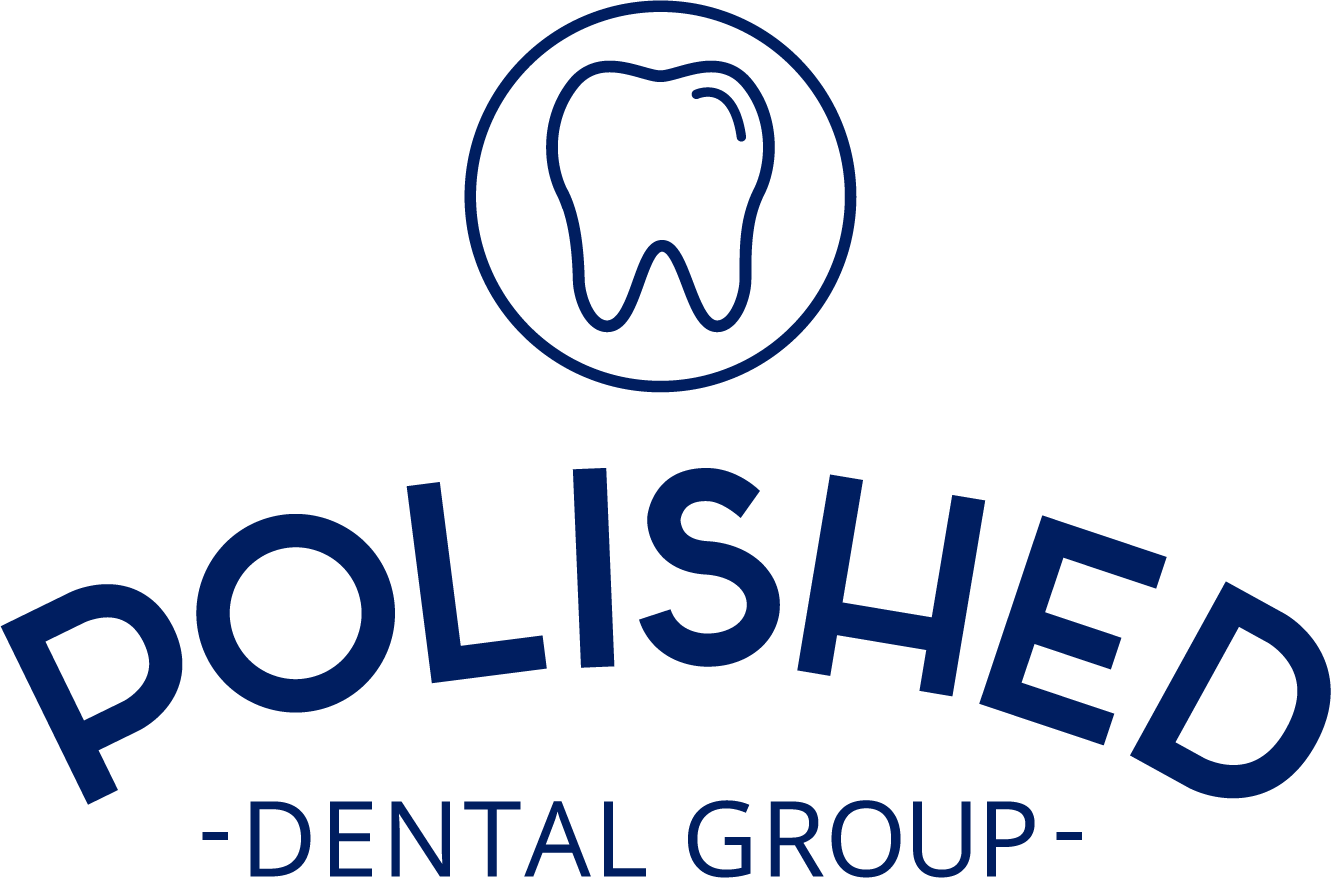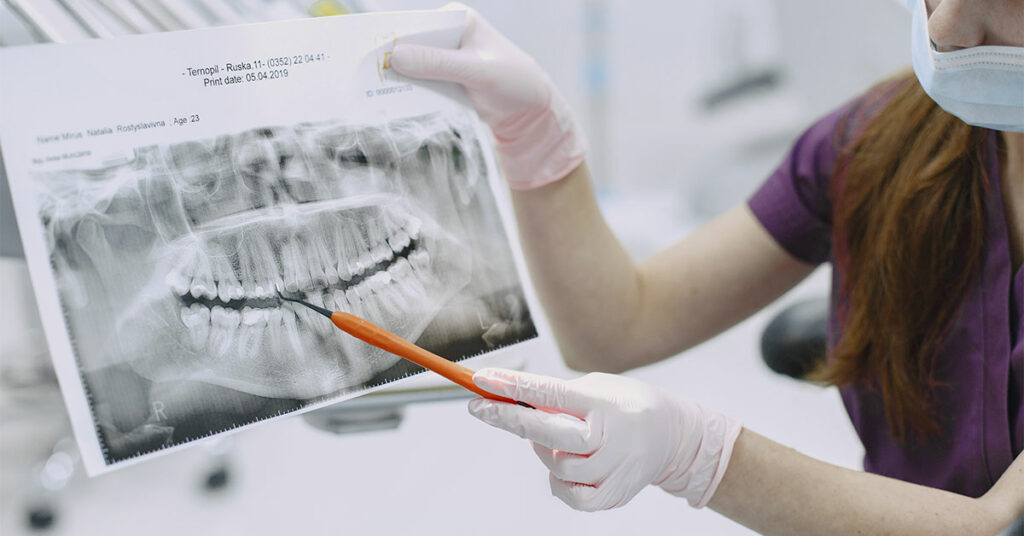One of the greatest advancements in modern dentistry – Dental implants. The perfect resolution for those with missing teeth, who would have once had to cover their mouth when talking, laughing, or even smiling because they were self-conscious of how they would look. Dental implants help keep your jaw strong and helps maintain facial structure.
Replacement teeth do a terrific job of imitating your normal teeth, but it is not the cheapest of dental treatments on the market. It is logical therefore to question: How long do dental implants last?
What are dental implants?
Best way to determine how long your dental implants will last is to, look at their components.
- A Titanium implant
- An abutment
- A dental crown
The titanium implant is a screw, made of biocompatible material (i.e., Titanium) which is accepted by the body – this will not promote any harsh reactions from the immune system. For this reason, they are also used in artificial joints. The Titanium screw will be inserted directly into the jawbone and your bone will fuse with the screw over time – a process we call osseointegration, which will lock the implant into place. The screw is designed to last a lifetime, and provided it is maintained well, it should not cause any issues.
The abutment resembles a small hook that connects the Titanium screw to the dental crown. This too is designed to last a lifetime.
The dental crown, the only visible part of the implant, however, is estimated to last between 10-15 years on average. Crafted out of porcelain and color-matched to fit in with the rest of your natural teeth, we have seen that it often lasts much longer than the average lifespan we estimate, but it all depends on good oral hygiene and how well you maintain it.
Factors that determine how long your dental implants last
The procedure
There are always risks with any medical procedure and dental implants are no different. Having a dental implant inserted into your jaw is quite a straightforward procedure, but complications may arise soon after surgery due to infection in the surrounding gum tissue, surgical trauma or because the bone failed to fuse with the implant over time.
We recommend that you consult a reputable and experienced dentist to perform the dental implant surgery. This way you can avoid most of the postoperative issues that could arise – they will ensure you have the necessary pre-surgery consultations, and they will perform the surgery in a sterile environment that will greatly minimize any risk of infection.
Lifestyle
It is worthwhile looking into some of your everyday activities or lifestyle choices as well. Some activities like playing a sport (footy, rugby or even volleyball) could lead to a crack in your porcelain crown and is a preventable accident. Just make sure to wear a mouth guard to protect your teeth.
Reflex habits like grinding your teeth can also reduce the lifespan of your dental crown. You may want to avoid chewing hard items, like ice. Drinking and smoking excessively can have negative impacts not only on your oral health but can also weaken your immune system. This will in turn make it easier for an infection to take hold within your gums and jaws and lead to complications with the titanium implant inserted.
Location
Some teeth cop more wear and tear than the others – Molars in particular – are responsible for grinding your food which makes them wear much faster than the other teeth. If your dental implant is replacing a molar, then the dental crown will be exposed to the daily grind. Therefore, the location of the implant within your mouth is another factor that will affect its lifespan.
Oral hygiene
Even though the dental implants are not ‘real’ teeth, they are still vulnerable to poor oral hygiene, which is why following your dentist’s advice before and after the surgery is of utmost importance. Once the site is fully healed you can begin brushing twice a day and floss; this will help remove any food or bacteria trapped between teeth and maintain your gum health, which in turn protects your titanium implant.
Is an implant for you?
One of the greatest advances in modern dentistry – dental implants are here to fill the gaps in your smile and help maintain your jawbone! They are also capable of maintaining the integrity of your other teeth in the area and are the most natural option available for replacing a missing tooth!
Book a consult with one of our expert dentists today to see if an implant is the right choice for you. Phone us or book online.





